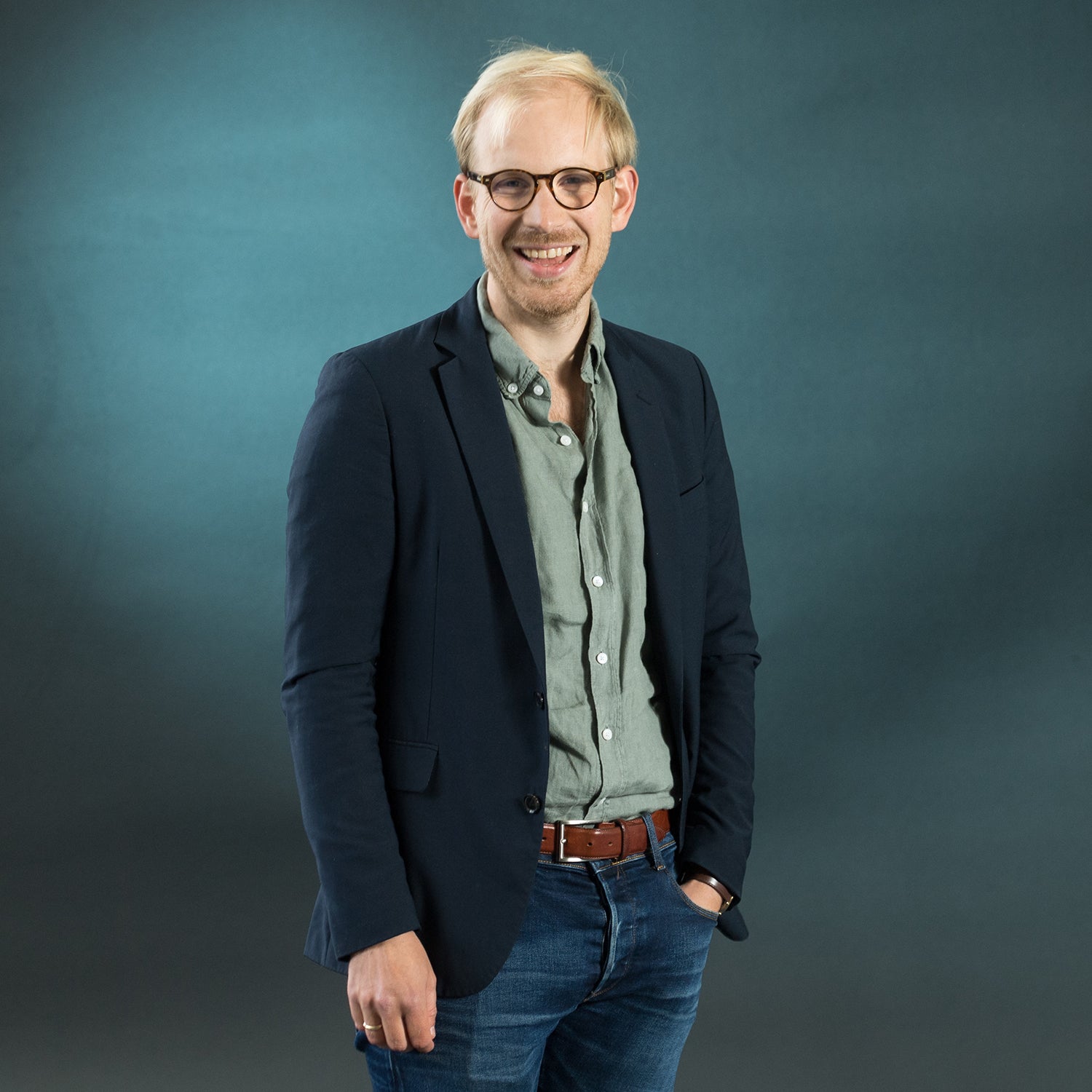Some of us are cynics and have a low opinion of humanityŌĆöthat people are mostly bad and innately selfish. Yet research supports the opposite view. It was survival of the friendliest, not the fittest, that caused Homo sapiens to rise to where we are today.
This is the proposition that Rutger Bregman laid out in his 2020 bestseller . Bregman found study after study that debunked the cynical view, which he says has been influenced by bad science and misanthropic philosophers. The long arc of history points to our benevolence and cooperation as a species, and the real science is only now catching up and changing researchersŌĆÖ views on subjects from economics to psychology.
has written four other books but is perhaps best known for a verbal clash that went viral after he spoke at the World Economic Forum in Davos, Switzerland, in 2019, where he called out wealthy attendees for tax avoidance. But his writings and historical research are even more revolutionary. Plus, he says that by daring to be so radical as to believe that humans are good, youŌĆÖll not only start feeling better, but your everyday life will improve, too. ItŌĆÖs a variation on the placebo effectŌĆöyour outlook on life literally influences the one youŌĆÖre living.
In the wake of 2020, Bregman shares his insights on why he still has faith in humanity.
ŌĆ£It was very easy to become cynical and pessimistic, especially in the first few weeks of the pandemic when people started hoarding toilet paper. But the real headline that we need to see is this explosion of cooperation and solidarity. The vast majority of people around the globe quite radically adjusted their lifestyles in order to stop the virus from spreading.ŌĆØ
ŌĆ£Millions of children have to read Lord of the Flies at school. ItŌĆÖs a pretty cynical story. Well, it turns out there was a real-life example: In 1966, six boys from Tonga, in the Pacific Ocean, borrowed a boat to go on an adventure, but they ended up shipwrecked on an island called Ata. The crazy thing is that somehow these teenage boys managed to survive there for 15 months. When they were finally rescued, they were perfectly fine. They were healthy and still the best of friends.┬ĀSo the real Lord of the Flies┬Āis a story of friendship, resilience, and hope.ŌĆØ
ŌĆ£One of the rules to live by that I came up with for myself was, when in doubt, always assume the best in other people. Statistically, youŌĆÖll be right most of the time. You should also do it because of what psychologists call a noncomplementary effect. A simple summary is this: if you harm or antagonize me, and I respond in a positive way, it will become very hard for you to stay negative, because behaviorŌĆögood or badŌĆöis contagious. And do you really want to live your whole life in distrust? ThatŌĆÖs irrational. That price is just too high to pay, and itŌĆÖs really not good for you.ŌĆØ
ŌĆ£A lot of the evil in the world is done by people who believe that theyŌĆÖre actually doing good. When you research wars, for example, you find that most soldiers didnŌĆÖt fight in the name of sadism or some kind of ideologyŌĆöthey just didnŌĆÖt want to let their friends down.ŌĆØ
ŌĆ£I encourage people to think about what their view of human nature is and ask themselves, ŌĆśIs it realistic, or should I update it?ŌĆÖ This can impact everything. As I researched and wrote my book, I began to realize that once you update your view of human nature, it has personal implications. That started to change my life.ŌĆØ


